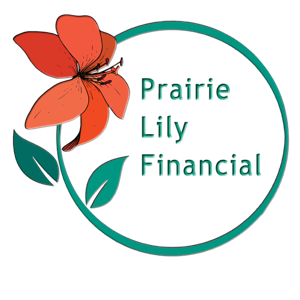Estate Freeze
No business owner likes to think about handing over their business they’ve built from the ground up. But the fact of the matter is, you will have to do it eventually. Even more concerning, what if you were to become ill or incapacitated? Making a decision of this magnitude during trying times would not be ideal.
For the business owner, an estate freeze can be an integral part of your estate planning strategy. The purpose of an estate freeze is to lock-in (freeze) the value of the business, freeing the successor from the tax liability that may arise should the business’ value increase.

